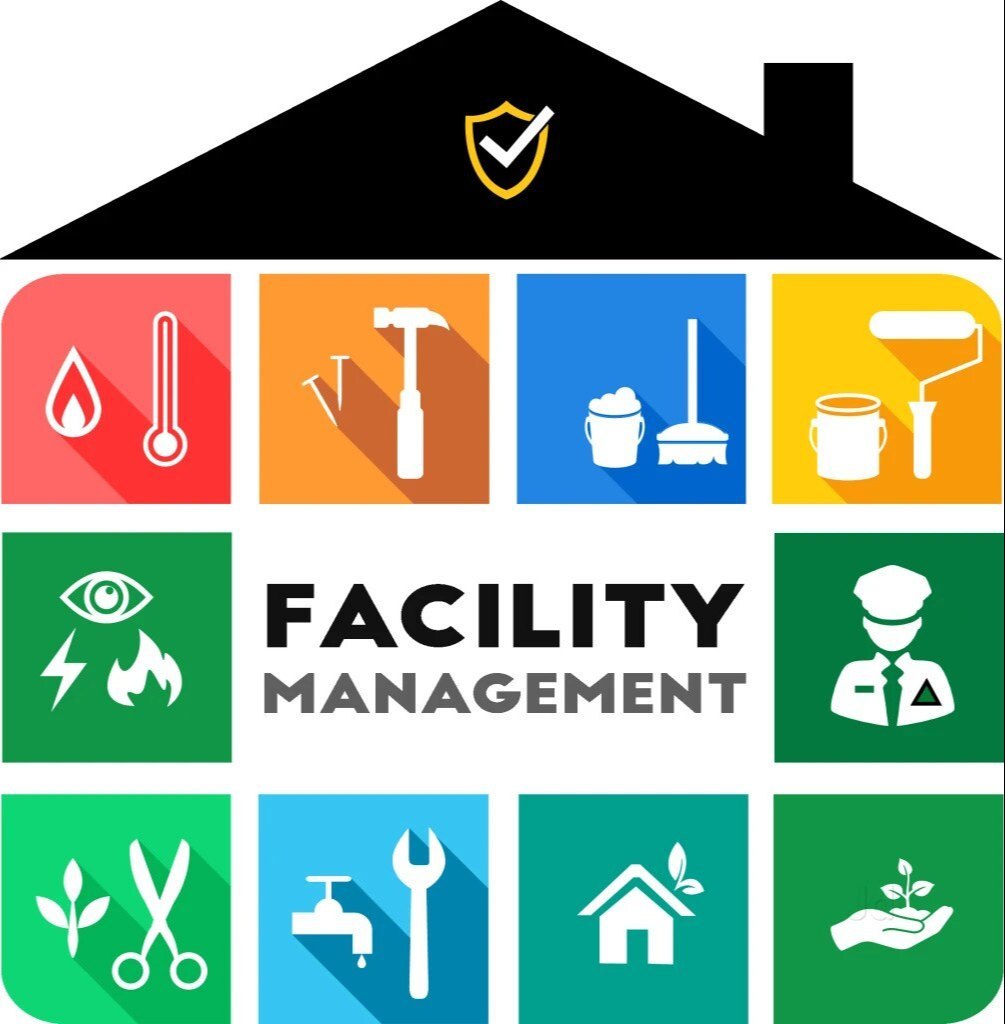How Total Facility Management Enhances Business Performance and Business Outcomes
Leading Benefits of Total Facility Management for Streamlined Procedures
Total Facility Management (TFM) stands for a strategic technique to enhancing operational efficiency by incorporating numerous solutions, such as maintenance and protection, under a unified management structure. The inquiry stays: what specific advantages can organizations harness from taking on TFM, and how might these advantages change their functional landscape?
Improved Operational Performance
Improved functional effectiveness is a main benefit of implementing total facility management (TFM) strategies. TFM includes a thorough technique to managing a facility's sources, processes, and framework, eventually simplifying operations. By consolidating different services-- such as maintenance, area, safety, and cleaning management-- TFM lessens redundancies and boosts coordination amongst different functional functions.
The combination of innovation further magnifies this effectiveness. Advanced facility management systems supply real-time data analytics, enabling facility supervisors to make informed decisions that improve process and resource allocation. Anticipating maintenance methods, as an example, anticipate equipment failures prior to they occur, reducing downtime and prolonging property lifespan.
Additionally, TFM promotes standardized processes across numerous divisions, making sure consistency and quality in solution distribution. This harmony decreases functional disruptions and promotes an extra collective functioning atmosphere. Because of this, employees can concentrate on their core responsibilities, driving performance and enhancing general performance.

Cost Reduction and Savings
Implementing total facility management (TFM) not just increases operational performance but likewise considerably adds to cost reduction and cost savings. By consolidating numerous solutions under a solitary management framework, organizations can remove redundancies and improve procedures, thereby decreasing functional expenses. TFM allows better purchase approaches, allowing business to negotiate bulk purchasing agreements with suppliers and company, resulting in lower prices.
Furthermore, TFM highlights precautionary maintenance, which lessens unexpected breakdowns and extends the life expectancy of important equipment. This proactive approach not only lowers fixing costs yet also improves the reliability of facilitiess, guaranteeing undisturbed procedures. In addition, energy efficiency efforts, usually a vital emphasis of TFM, lead to considerable savings on utility bills, as facilitiess are optimized for lowered power intake.
Improved Source Management
Effective resource management is a foundation of total facility management (TFM), making it possible for organizations to maximize using their assets and labor force. By executing TFM strategies, companies can comprehensively evaluate their source allotment, guaranteeing that every property is made use of effectively and successfully. This holistic method permits the identification of underperforming sources and the potential for reallocation or enhancement.
In enhancement, TFM promotes the combination of innovation for real-time monitoring of sources, which aids in forecasting maintenance needs and preventing costly downtime. By leveraging information analytics, organizations can make enlightened choices concerning source release, inevitably improving performance and reducing waste.
Additionally, TFM advertises a culture of continuous enhancement, motivating teams to routinely examine and fine-tune their source management practices. Total Facility Management. This aggressive stance not only minimizes operational interruptions but likewise fosters advancement, as employees are empowered to recommend renovations based upon their direct experiences with resource use
Streamlined Communication Networks
In total facility management, streamlined interaction channels play a crucial duty in fostering cooperation and efficiency across teams. Reliable interaction guarantees that all stakeholders, consisting of facility supervisors, upkeep staff, and company, are aligned with organizational objectives and functional demands. By developing clear lines of interaction, teams can quickly deal with concerns, share updates, and carry out remedies, thus decreasing downtime and improving performance.
With systematized communication systems, information is easily available, permitting real-time updates on upkeep requests, source allowance, and project timelines. This transparency not just decreases misconceptions however additionally empowers employees to make informed choices rapidly. Additionally, structured interaction helps with much better coordination during emergencies, ensuring that all employees are notified and can respond without delay.

Increased Concentrate On Core Activities
A vital benefit of total facility management is my company the raised concentrate on core activities, permitting companies to concentrate on their key business objectives - Total Facility Management. By outsourcing non-core features such as upkeep, cleaning, and security, business can reroute their sources and power towards calculated efforts that straight add to their affordable advantage and growth
Total facility management incorporates different operational tasks under a single umbrella, promoting performance and decreasing redundancy. This combination not only enhances processes yet additionally enhances accountability, guaranteeing that every element of the facility operates sympathetically without drawing away attention from what genuinely matters-- core organization features.
In addition, this technique enables workers to dedicate their time and efforts to jobs that drive development and improve client complete satisfaction, instead of getting stalled by operational challenges. With a reliable facility management companion dealing with daily procedures, companies can accomplish better dexterity, respond quickly to market adjustments, and keep a sharper focus on their objective.
Ultimately, increased concentrate on core activities results in enhanced general performance, allowing organizations to enhance their market placement and meet their tactical objectives much more successfully. - Total Facility Management
Conclusion
In verdict, Total Facility Management dramatically enhances functional efficiency by combining vital solutions and leveraging information analytics for informed decision-making. Expense reductions and enhanced source management add to overall website here cost savings, while streamlined communication networks foster collaboration among stakeholders. By enabling organizations to concentrate on core activities, TFM not only maximizes productivity but likewise enhances market positioning. The assimilation of these benefits underscores the significance of TFM in accomplishing sustainable functional excellence.
Total Facility Management (TFM) represents a strategic approach to boosting operational performance by incorporating different solutions, such as maintenance and safety and security, under a unified management framework.Boosted operational performance is a key benefit of executing total facility management (TFM) strategies. Advanced facility management systems offer real-time data analytics, enabling facility supervisors to make enlightened choices that improve operations and source allotment.Carrying out total facility management (TFM) not only enhances functional performance but additionally substantially contributes to cost reduction and cost savings.Reliable source management is a cornerstone of total facility management (TFM), allowing companies to maximize the use of their possessions and labor force.